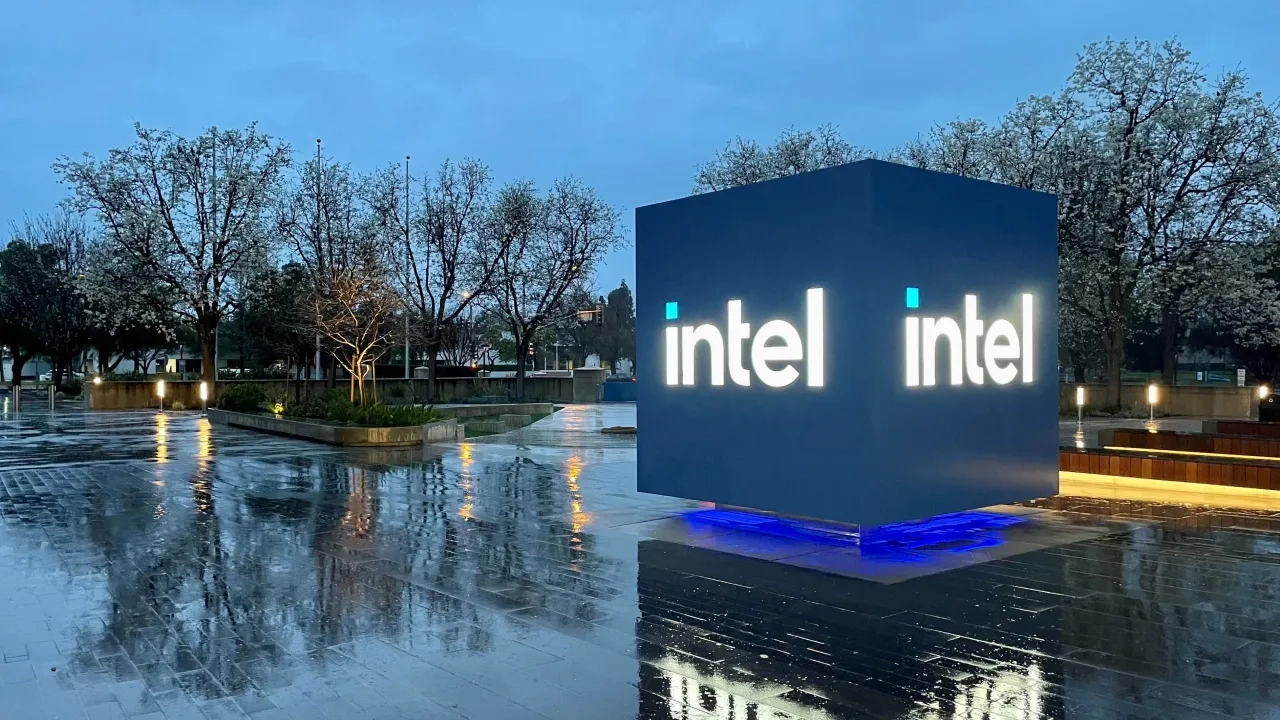Intel CEO Lip-Bu Tan openly stated at an internal meeting that the company is lagging behind in the AI race and is no longer among the world’s top 10 semiconductor manufacturers. These remarks reveal the current state of Intel, which once dominated the processor market.
Lip-Bu Tan Admits Lagging Behind in Artificial Intelligence
In recent years, Intel has been seen to be moving slowly, while its competitors have aggressively advanced. Although the company switched to an ARM-like big.LITTLE architecture to modernize its x86 architecture, this move has not yielded the expected market impact.

Lunar Lake processors failed to compete with AMD’s X3D series featuring 3D V-Cache technology. Intel, a latecomer to the GPU market, made some strides with its own graphics architecture, but these products failed to compete with the market leaders. On the production side, the loss of the critical contract for the 18A project, the most ambitious process, dealt a significant blow to the company.
Intel CEO Tan openly addressed the company’s decline in a question-and-answer session with employees worldwide. “We were truly leaders 20-30 years ago,” Tan said. “Now the world has changed. We are no longer among the top 10 semiconductor companies,” he said, adding that they have lost their competitive position.
One of Intel’s historical advantages, vertical integration—the strategy of conducting both chip design and manufacturing under one roof—has now become a liability for the company. TSMC’s recent advances in manufacturing technologies have caused Intel to fall behind in this model.
As a result of this situation, Intel has transferred the GPU production of Meteor Lake processors to TSMC starting in 2023. By 2025, approximately 30 percent of Intel’s total chip production will be outsourced.
Intel CEO Lip-Bu Tan admitted they were lagging behind in artificial intelligence.
All these developments have caused significant deterioration in Intel’s financial structure. The company reported a $16 billion loss in the third quarter of 2023 due to increased R&D expenses and falling revenue. Thousands of employees were laid off following this.
CEO Lip-Bu Tan says that getting through this period will be a marathon. He emphasizes that the company’s culture and structure must change, emphasizing the need for a more agile, focused, and humble approach.













